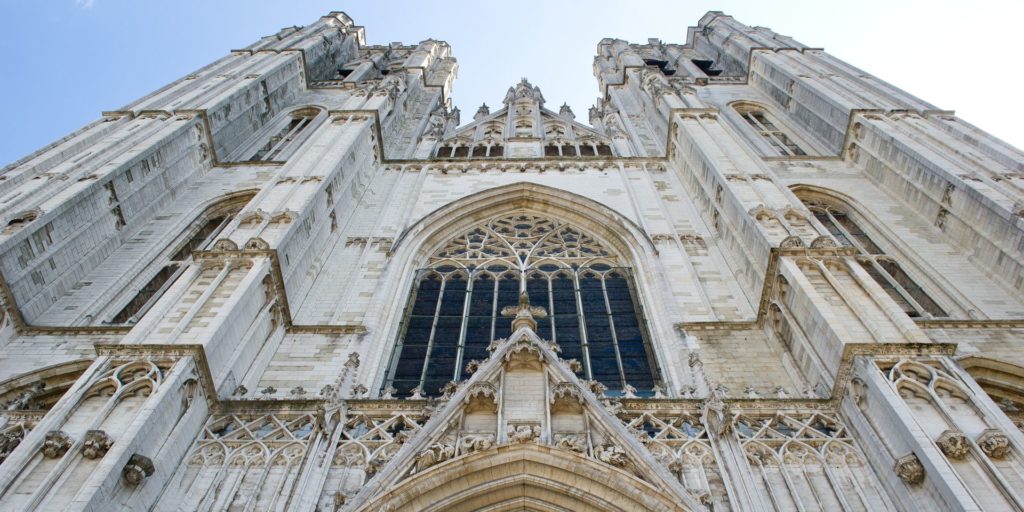The Christian Easter and the Jewish Passover take place this and next week. Later on, on 23 April, the Muslim month of Ramadan will start. Faith communities play a major role in containing the spread of the coronavirus.
The World Health Organisation (WHO) has timely issued a document with practical guidance to support the special role of religious leaders, faith-based organizations, and faith communities in COVID-19 education, preparedness, and response.
It did not start so well for some of the religious communities that might have believed that they can avert the danger by prayers and wanted to continue religious services and ceremonies despite the risk of infection.
In South-Korea, the outbreak of the virus started in Daegu, where the members of the Christian sect Shincheonji infected each-other. In Iran, the city Qum, a destination of pilgrimage in Shi´a Islam became an early epicentre of the outbreak. In Virginia, the US, an evangelical leader reopened the Liberty University after the outbreak had started.
Among orthodox Jews, both in New York and in cities in Israel, the infection rate is higher than in the rest of the population. Valuable time was wasted until their religious leaders realised the seriousness of the situation and instructed their followers to protect their lives, a religious command, and stop gathering in synagogues and study houses.
As a consequence, the Passover celebration yesterday evening in Israel became the strangest one since the Biblical exodus. Traditionally a family event, Jews in Israel celebrated the holiday alone, without any family members and guests, isolated in their homes.
In Belgium, places of worship remain open subject to compliance with social distance measures. The managers of the buildings are required to lay down the rules necessary for this purpose and to ensure that the rules are carefully respected.
Except for weddings and funerals, no religious ceremonies are allowed. Cemeteries can stay open provided that social distance is respected.
In funerals, only the presence of at most 15 people are allowed, maintaining a distance of 1,5 meters and without the possibility of exposure to the body. Religious marriages can only take place in the presence of the spouses, their witnesses and the priest.
Family reunions are limited to family members living under the same roof and must take place in the home and not at a place of worship.
The WHO guidance is less strict but goes a long way in containing the spread of the coronavirus among faith communities. Besides the usual precautions, such as social distancing and hand-washing, WHO discourages gatherings, i.e. services in places of worship, and recommends virtual gatherings.
If services are organised, their duration should be kept to a minimum to avoid contact among participants. Touching between people attending the services should be avoided and also touching or kissing of devotional and other objects that the community is accustomed to handling communally, such as icons and fonts of holy water.
Sadly, the virus takes lives. On burial practices, WHO writes that faith leaders can help grieving families to ensure that their departed loved ones receive respectful, appropriate funerals and burial rites, even in the midst of the COVID-19 pandemic.
Knowing how to safely plan and perform such funeral rituals and services worship can both protect and comfort mourners and show respect for those who have died without causing any infectious risk to the mourners.
Religious leader and faith-based organizations are among the most trusted sources of information in society. Sermons and messages can build on factual information provided by WHO and national or local public health authorities while being in line with religious doctrine and teaching.
M. Apelblat
The Brussels Times

